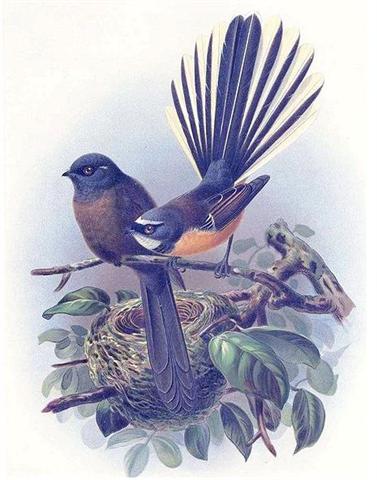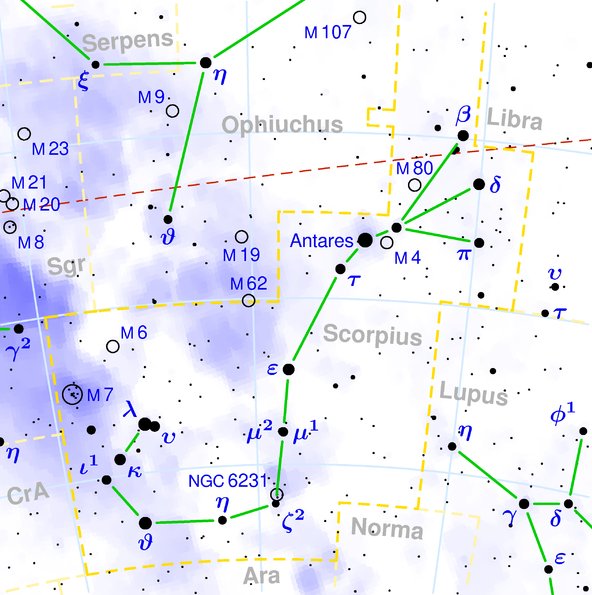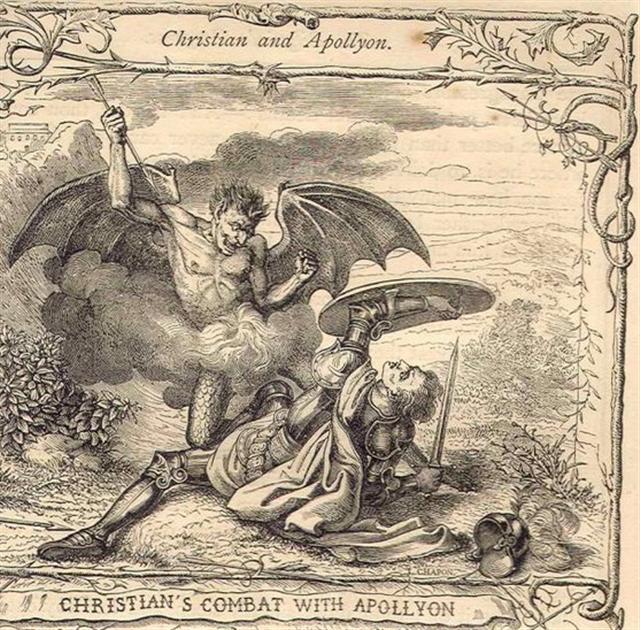|
R (Small
Washington Tablet)
14. At the horizon in the west was the place for Virgo: ... There is your great ancestress Hine nui te Po', said Makea, gravely. And he watched Maui's face as he mentioned the name of Great Hine the Night, the daughter and the wife of Tane and goddess of death. But Maui did not move an eyelid. 'You may see her, if you look', Makea went on, pointing to where the sun had gone down, 'flashing over there, and opening and closing, as it were'. His thoughts were on death as he spoke. For it was the will of Hine nui, ever since she turned her back on Tane and descended to Rarohenga, that all her descendants in the world of light should follow her down that same path, returning to their mother's womb that they might be mourned and wept for ... 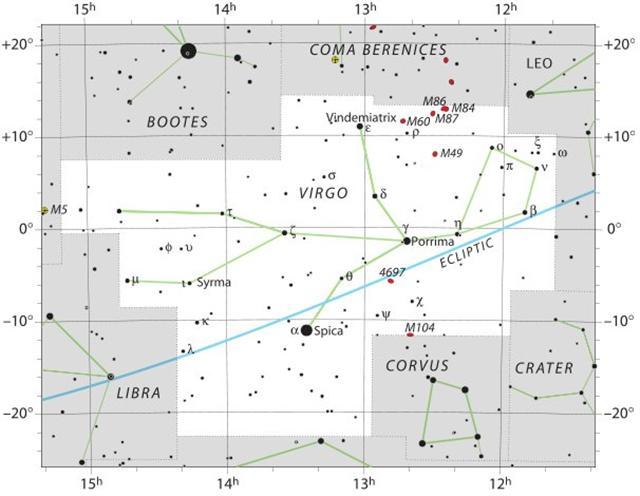 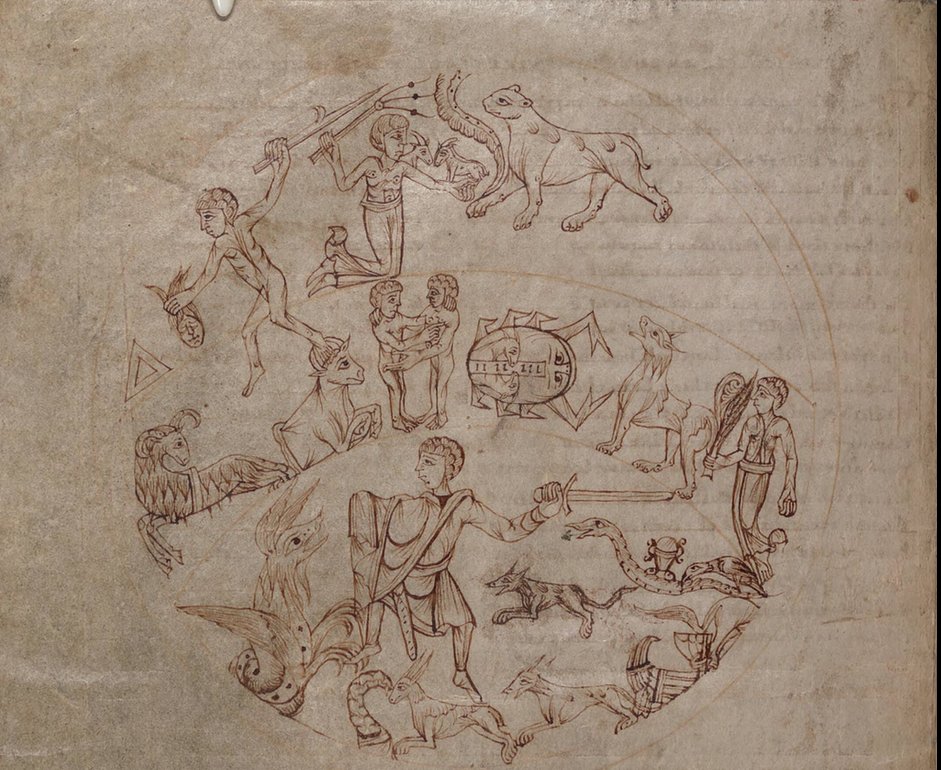 Which might explain why the Turtle (te honu) here was drawn with strings. For it was time to swim (kau) because the summer year had ended and the Sun had to go down in order to move like a submarine under the earth, in order to be able to return and rise fresh as new at the horizon in the east in the next morning.
... When they arrived at the place where Hine nui lay asleep with her legs apart and they could see those flints that were set between her thighs, Maui said to his companions: 'Now, my little friends, when you see me crawl into the body of this old chieftainess, whatever you do, do not laugh ...The glyph for the last day of September (according to my current suggestion) was drawn very much like that 6 days earlier - there are 8 'feathers' in front and 3 'faces' at the back side. But the bottom one is now more in view and sagging like the breast of a woman. By reading the glyphs in pairs we can guess this change was intended to visualized a transformation from strings to broad daylight:
... The little birds now did their best to comply with Maui's wish. They sat as still as they could, and held their beaks shut tight, and tried not to laugh. But it was impossible. It was the way Maui went in that gave them the giggles, and in a moment little tiwaiwaka the fantail could no longer contain himself. He laughed out loud, with his merry, cheeky note, and danced about with delight, his tail flickering and his beak snapping. Hine nui awoke with a start. She realised what was happening, and in a moment it was all over with Maui. By the way of rebirth he met his end ....
And at Porrima the line in front (of henua ora) is not as curved as the line at the back side (in the past). Po. 1. Night; to get dark, to fall (of night): he-po, it is getting dark. Formerly used, with or without raá, in the meaning of a whole day: po tahi, one day; katahi te kauatu marima po, fifteen days; po tahi raá, first day of the week; po rua raá, po toru raá, second, third day, etc. 2. Alone or as po nui, used to express the idea of good luck, happiness. He-avai-atu au to'ou po, I wish you good luck (when taking leave of someone). Very common was this parting formula: aná po noho ki a koe! good luck to you! Po-á, morning; i te po-á, in the morning; i te po-era-á, very early in the morning. Po-ará, quickly, rapidly, swiftly: he-iri po-ará, go up quick; he-ta'o itau umu era po-ará, he cooked it quickly. Po-e-mahina, formerly used of sleep-walkers (haha a po). Vanaga. 1. Darkness, night, late; po haha, dark night, gloom. P Tu. po-tagotago, darkness. Mgv., Mq., Ta.: po, darkness, night. 2. Calendar day; po e rua, Tuesday; po o te tagata, life. P Pau., Mgv., Mq., Ta.: po, calendar day. Churchill. *188 = 268 ↔ *268 (Apollyon, ι Scorpii) - in nighttime also the days before spring equinox ought to be counted.
... A vestige of the practice of putting the king to death at the end of a year's reign appears to have survived in the festival called Macahity, which used to be celebrated in Hawaii during the last month of the year. About a hundre years ago a Russian voyager described the custom as follows: 'The taboo Macahity is not unlike to our festival of Christmas. It continues a whole month, during which the people amuse themselves with dances, plays, and sham-fights of every kind. The king must open this festival wherever he is. On this occasion his majesty dresses himself in his richest cloak and helmet, and is paddled in a canoe along the shore, followed sometimes by many of his subjects. He embarks early, and must finish his excursion at sunrise. The strongest and most expert of the warriors is chosen to receive him on his landing. The warrior watches the canoe along the beach; and as soon as the king lands, and has thrown off his cloak, he darts his spear [vero] at him, from a distance of about thirty paces, and the king must either catch the spear in his hand, or suffer from it: there is no jesting in the business. Having caught it, he carries it under his arm, with the sharp end downwards, into the temple or heavoo ...
|
||||||||||||||||||||||||||||||||||||||||||||||||||||||||||||||||




